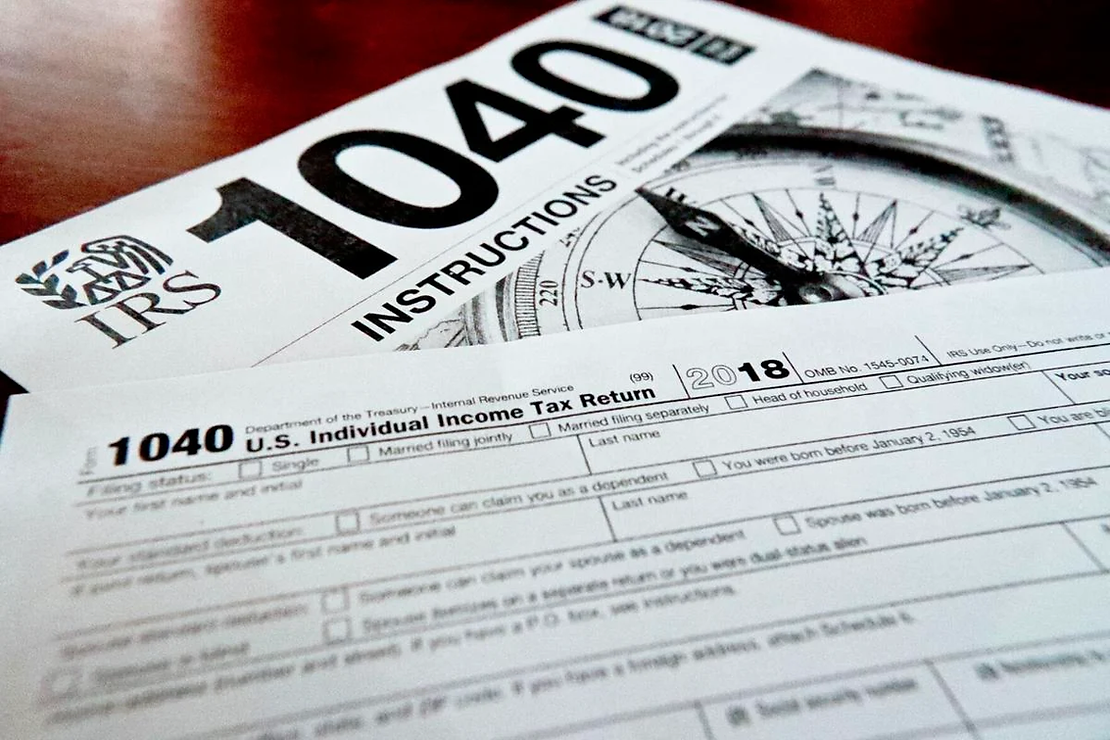By: Jason Sha
The Internal Revenue Service (IRS), the organization responsible for collecting taxes within the United States, has recently been pumped with $80 billion in funding by the Democrat party in hopes of reaching the goals set by liberals and the Democratic Senate. Such goals, which are part of the Inflation Reduction Act, include strengthening tax collection on high-income earners and large corporations, while relieving the stress on lower-income taxpayers that exists with the current system.
Essentially, by placing greater importance on the taxes of those with more money, larger sums of money would be given to the government as compared to individuals with less money. Due to the IRS’s dependence on audits for lower-income taxpayers, much of the personnel working at the corporation has been trained to combat problems with lesser-earning individuals, meaning some of the $80 billion funding will go towards new training programs.
This, paired with the fact that a vast majority of the organization’s computers run on COBOL, an extremely outdated programming interface, means that the IRS will have to spend large amounts on training new employees for such systems. Another plan could be to update its system to a more modernistic program such as Python or Java, although this could be a hassle as well.
IRS has also faced a decline in its number of employees over the past decade, with its workforce dropping from 94,000 to a measly 78,661. Douglas Holtz-Eakin, president of the American Action Forum, believes that “stopping the decline” in workers is the most important part in maintaining the production of the IRS. However, Republicans disagree, believing that the new sum of money would just be used to target lower-class Americans, along with overpaid IRS workers.
Only time will tell how the $80 billion in funding for the IRS will play out, although many hope that taxes will become fairer as more attention is given to high-earning individuals.











